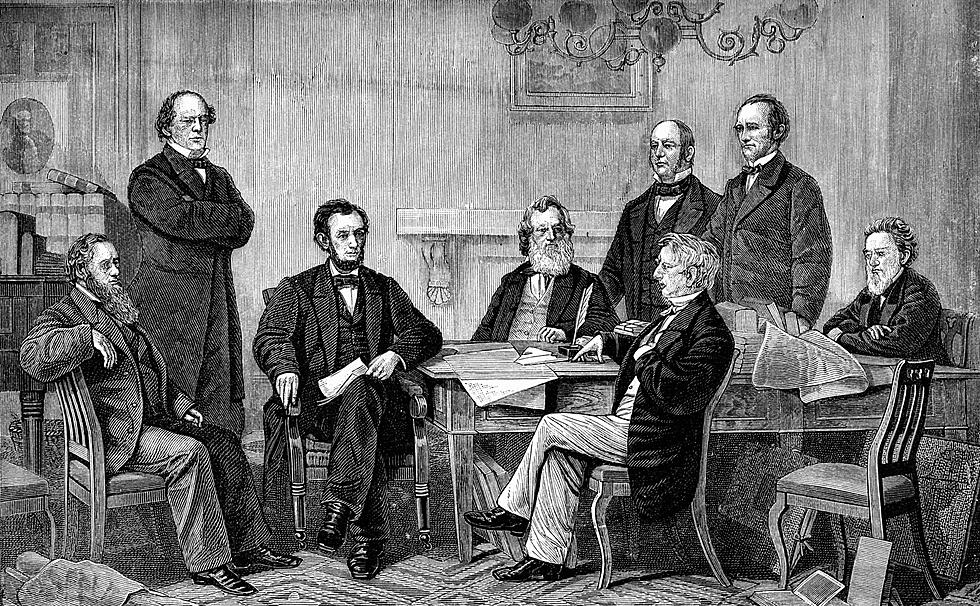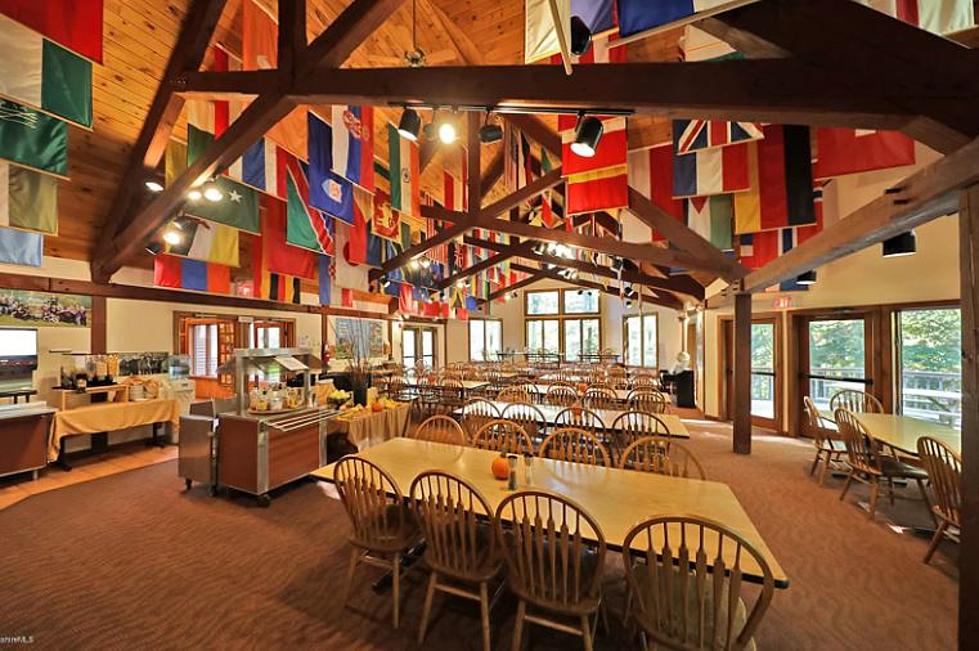
Pittsfield Has Added “Juneteenth” To Municipal Holiday Roster
Are you familiar with Juneteenth? What it stands for? Why we celebrate it? It turns out that June 19 is a pretty important day. And the city of Pittsfield has added it to its roster of municipal holidays.
Juneteenth commemorates the ending of legalized slavery in the United States. It reflects the day, June 19, 1865, when Union Army General Gordon Granger arrived in Galveston, Texas, and shared the news of freedom with enslaved African-Americans.
Unfortunately, the good news was a little late getting there as it had already been more than two and a half years after the signing of the Emancipation Proclamation.
To make a long story short, the Emancipation Proclamation was an order by President Lincoln issued to free slaves in 10 states. It essentially applied to those states that were still in rebellion during the Civil War. Literally, as Union troops advanced into Confederate territory, they freed thousands of slaves per day. Needless to say, this took some time.
And the Emancipation Proclamation did have its limitations, to be sure. Most importantly, the order would have been worthless unless the Union won the war.
Mayor Linda Tyer, on Friday, May 14, noted the past and present significance of the holiday:
The announcement delivered on June 19, marked a time of liberation, hope, and promise for the future. Juneteenth serves as a poignant reminder for all Americans that the journey to freedom and liberty has looked, and felt, very different for some of us in this country. I'm proud to know that our organization is committed to growing and taking active steps toward ensuring a wide and welcoming pathway for diversity, equity, and inclusion, also known as DEI, in local government.
As Juneteenth falls on a Saturday this year, city offices will be closed on Friday, June 18.
LOOK: 28 Modern Black History Makers & Moments
LOOK: 50 essential civil rights speeches
More From WUPE









